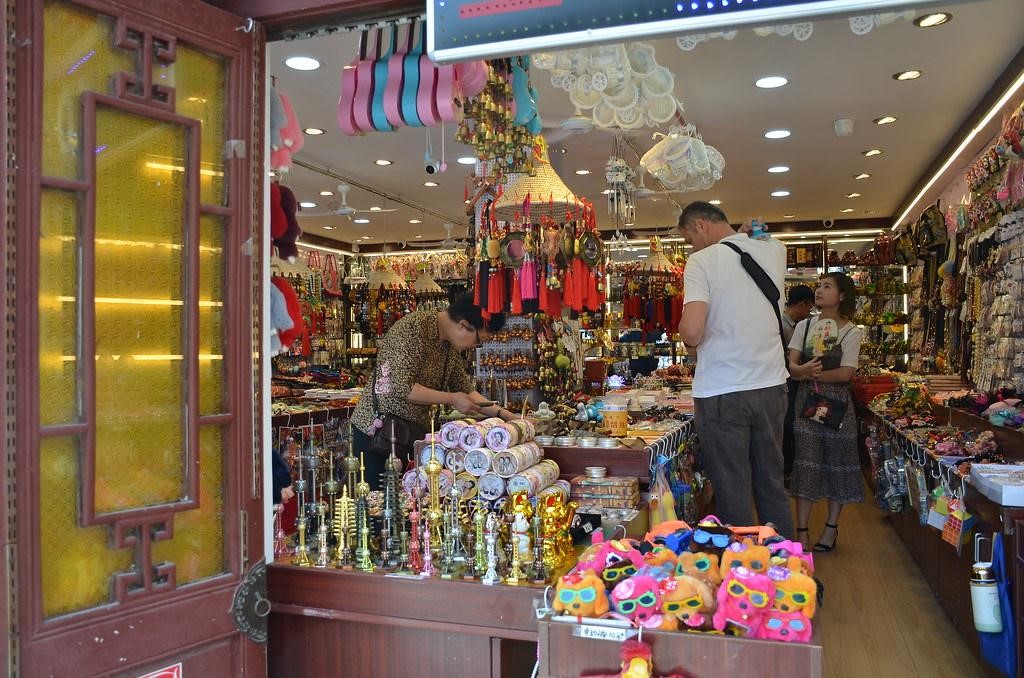Why pay the “tourist price” at a merchant store abroad, when you can get things for the local price?
Merchants are notoriously famous for scamming tourists who are unacquainted with the local prices. They will charge you more than the original price and make heavy profits without you having a clue about it.
This is where haggling comes to play. Haggling is a technique used by experienced shoppers to lower the price of a product or service. The trick is to negotiate until you get deal of your liking. This becomes more challenging when you are shopping abroad.
Here are a few ways you can haggle when shopping overseas.
1. Show the money

This advice might seem strange but by holding the exact amount in your hand, the merchant will be tempted to just close the deal and move on to the next customer. This advice can be quite useful when traveling due to the fact that as a tourist, you stand out like a black sheep. Merchants don’t want to come off as unfriendly to the tourists, particularly, in countries having a good reputation for tourism.
2. Obey the rules
Before reaching the market place, make sure to research on the internet and find out the haggling rules over there. Every city has different rules and you don’t want to get into trouble by imposing your own rules onto others. Haggling rules are generally influenced by the culture in that particular region.
3. Know their lowest price
Merchants are very aware of tourists and will usually give them a much higher price known as the tourist price. This happens a lot in some Asian countries where the value to their currency can be valued at up to 60 to 70 times lower than the US dollars. Ask them for the lowest price. If they still don’t lower the price, gesture for your party to walk away from the store. They usually cave in once the customer starts walking away.
4. Have plenty of change (in the local currency)

Needless to say, having plenty of change in the local currency is a must when shopping in a local merchant market. Do not keep all your money in your wallet. Keep most of it in your bag or fanny pack, and only a few in your wallet. You don’t want to come off as a dumb tourist who is loaded with cash; waiting to be scammed.
5. Learn to greet people in the local language
Speaking the local language can light up a merchant in some parts of the world but can also be frowned upon in a few select countries. Unless you are in Thailand or Indonesia, learning to greet in the local language will help you get massive discounts on your purchases.
6. Take a local out for shopping
Mobile apps like Couchsurfing are amazing when it comes to meeting and socializing with the locals. Just login with your Facebook ID and turn on the “Hangout” feature. Locals and other tourists in that area will contact you directly. You can invite them to go out shopping with you as going out with a local or an experienced backpacker will often make it easier to haggle. This advice is gold particularly in places where crime rates are high and scammers are just waiting for the next naive-looking tourist to arrive at their store.


Leave a Reply